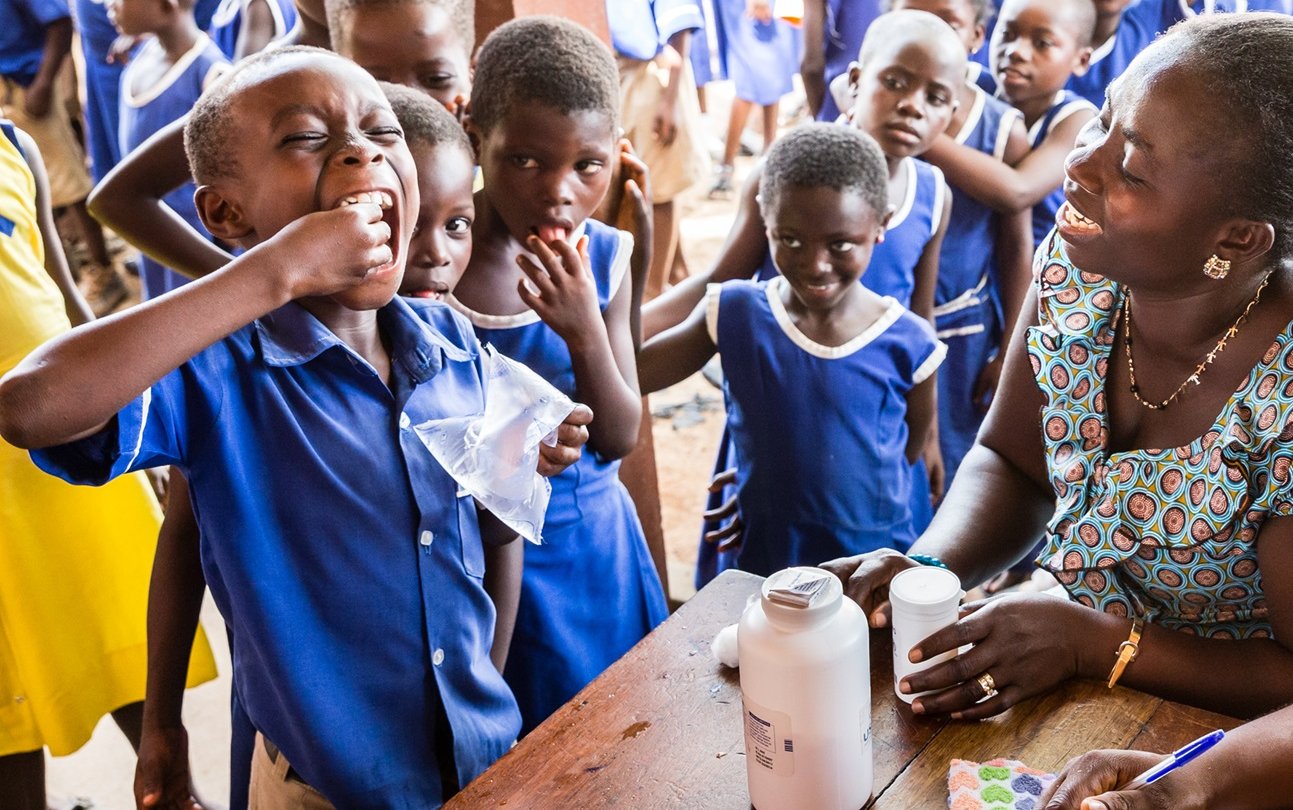For many years, the United States has been a global leader in programmes that have protected some of the most vulnerable populations around the world. Initiatives such as the US Neglected Tropical Diseases Programmes, the US President’s Emergency Plan for AIDS Relief (PEPFAR), and the US President’s Malaria Initiative are just some examples of this global leadership. These programmes have saved countless lives and strengthened public health systems worldwide. They have also contributed to an impressive 55 countries eliminating at least one NTD and billions of dollars leveraged in donated medicines from international pharmaceutical programmes – one of the largest public-private partnerships in global health.
However, the recent pause on US foreign aid and the subsequent termination of contracts for US-funded global health programmes have put these efforts at risk. Even a short-term disruption of these programmes can have devastating consequences, delaying the delivery of life-saving treatments and reversing gains made over decades. We remain hopeful that the US’s NTD Programme will continue, allowing us to protect and extend the achievements made thus far in combating these preventable and treatable diseases.
Investing in NTDs has proven to be one of the most cost-effective strategies in global health, yielding an incredible return on investment. Every US dollar invested can leverage US$26 worth of donated medicines, totalling over US$31 billion to date and significantly multiplying the impact of American generosity. These affordable, high-impact interventions also lead to extensive socio-economic benefits: healthier children can attend school, healthier adults can maintain steady employment, and entire communities can thrive, easing poverty and fostering a more productive global workforce.
By strengthening economic empowerment and boosting prosperity, NTD programmes also contribute to building safer societies that are more economically, politically and socially stable. This bolsters national and global security, while also increasing markets for US and other products. In addition, these programmes create jobs — from scientific research to pharmaceuticals to implementation — contributing to innovation and economic growth both in the United States and worldwide.
Furthermore, the primary goal of the US NTD efforts is to build self-sufficient and resilient national NTD programmes, ensuring countries can eventually stand on their own, with less reliance on external resources over time. Crucially, investment in NTDs has a clear endpoint. Success in eliminating transmission of these diseases continues to accelerate, with nine additional countries having eliminated an NTD just in the past year alone.
As we reflect on achievements made fighting NTDs to date, we remain optimistic about the trajectory of global progress, yet cognizant of the challenges facing these gains. We encourage all countries and donors, including the United States, to sustain their lifesaving commitments to ending these diseases. Global security, prosperity and health are inherently and inextricably linked – and benefit us all. By reaffirming global leadership at this pivotal moment, we can sustain momentum and ensure that these investments bring about a ripple effect of positive outcomes worldwide and at home.
